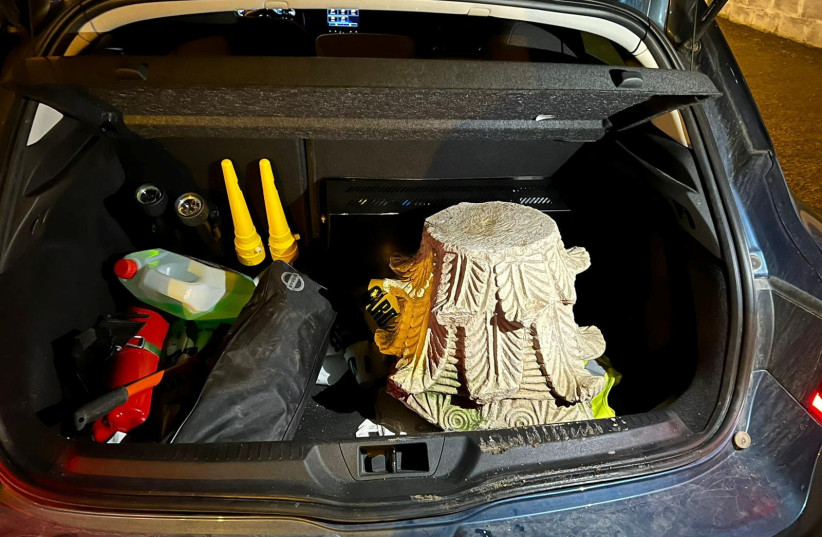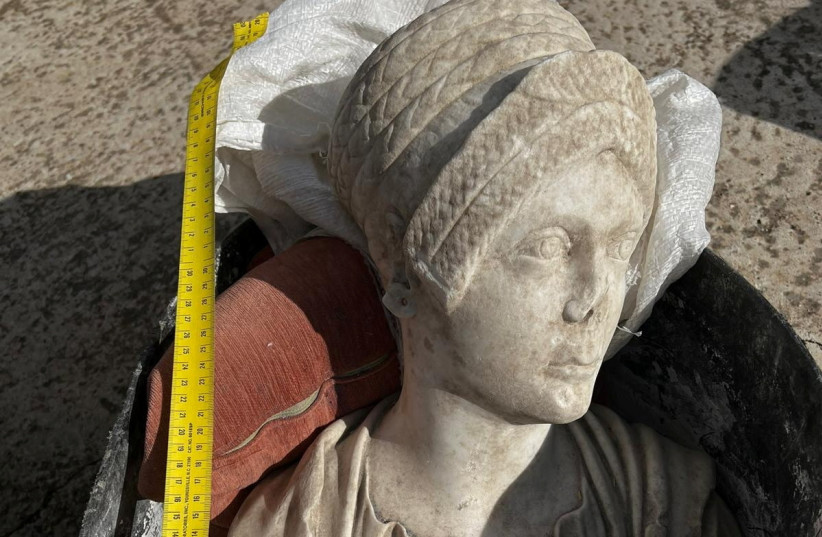15 INTERPOL countries united efforts in Operation ‘Pandora VII’ to crack down on art trafficking, which led to 60 arrests. 130 investigations are still ongoing, so the number of arrests is expected to rise.
Alongside the arrests, 11,049 items were recovered during Pandora VII.
The work that went into Pandora VII
The operation, which was announced only recently, was carried out in phases. The first, known as the operational phase, ran between September 13-24, 2022. During this phase, coordinated efforts were made including checks being carried out online, in airports, ports, border crossings, auction houses, museums and even private homes.
Austria, Bosnia and Herzegovina, Bulgaria, Czech Republic, Croatia, Cyprus, Greece, Ireland, Italy, Poland, Portugal, Romania, Spain and Sweden all coordinated during this operation.

The countries communicated through an I-24/7 secure communication system and ran their findongs through the ID-Art app.
In May and October of 2022, cyber patrols were able to reclaim 4,017 stolen goods with over 8,495 checks having been conducted.

What items were recovered?
Seventy-seven stolen ancient Italian books were seized from an online market by the Italian Command for the Protection of Cultural Heritage. The books had been stolen from the archives of a monastery.
The Civil Guard in Spain was able to recover a Roman marble bust of a woman. The statue is thought to depict Salonia Matidia, the niece of the Roman emperor Trajan.
The Polish Police Service seized 3,073 ancient coins from online marketplaces. Romanian police were able to recover an additional 117 Dacian and Roman coins which had been stolen from an archaeological site.
Portuguese authorities were able to locate and recover religious artifacts, including 42 sculptures, that had been stolen from churches over 20 years ago. The Hellenic Police added to this by obtaining an additional 41 pieces of stolen religious and liturgical objects in a house search in Greece.
In a post office in Bosnia and Herzegovina, 13 archaeological artifacts including jewelery were found.
